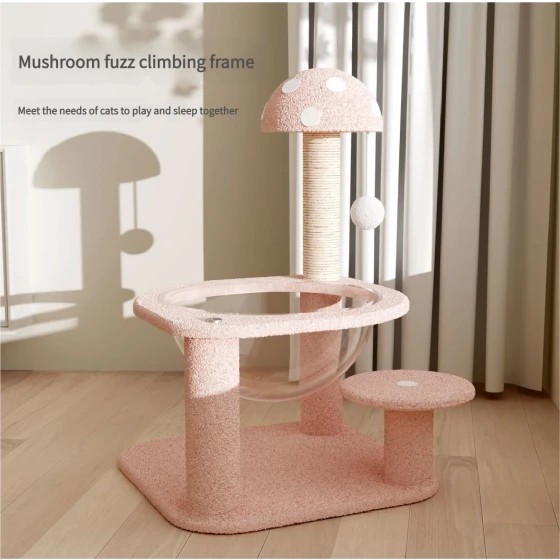What Medicine to Give Cats for Diarrhea, Comprehensive Knowledge on Pet Diarrhea
The biggest fear for pet owners is their pets getting sick. Usually, they are fine and happily playing, but once their body feels unwell, their whole state deteriorates, making the owner feel distressed and eager to make them better quickly. Recently, the pet shelter editor consulted experienced veterinarians about cat diarrhea issues and summarized the information for everyone.
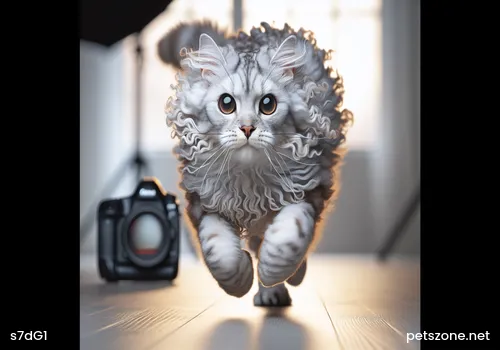
Indigestion
After cats eat greasy or raw foods, it puts a great burden on their intestines, causing diarrhea. Owners should remember to provide reasonable food; items like canned food and cold drinks, if given occasionally, might not cause issues, but long-term consumption can affect intestinal motility.
Picky Eating
Some cats develop picky eating habits from a young age. They will eat heartily when they find food they like, ignoring their feeling of fullness, and may refuse to eat at all when encountering food they dislike. This alternating between overeating and starving severely harms the intestines, leading to diarrhea. Owners should not spoil this picky habit and must avoid indulging it from early on.
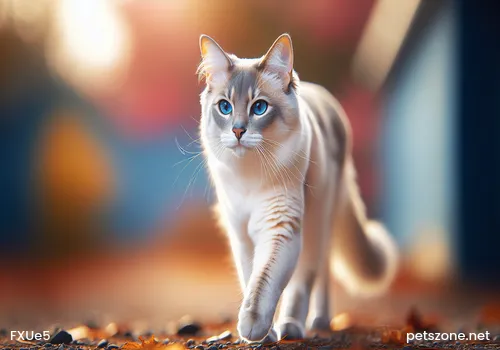
Forbidden Foods
Some foods cats cannot eat, such as milk. Cats are lactose intolerant, and consuming milk causes diarrhea, so owners should remember to feed mainly cat food. Additionally, coffee, chocolate, onions, grapes, and some high-salt high-fat foods are also harmful to cats. Owners should avoid giving these forbidden foods when selecting food.
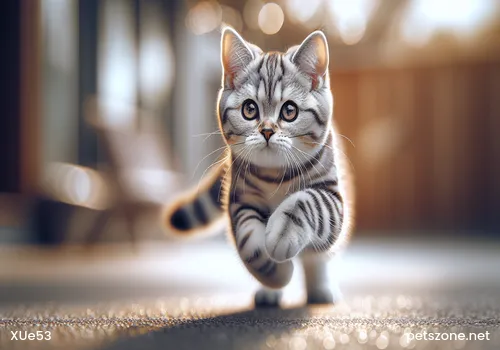
Chills
During seasonal changes, cats are most prone to catching chills. When the weather cools, prepare a warm bed for the cat in advance. In summer, when the owner and cat share air conditioning, the cat's abdomen should be kept warm to prevent chills. For diarrhea caused by chills, feeding more warm water, porridge, and rice paste is beneficial. Probiotics can also be used to help regulate the stomach and intestines.
Enteritis
Enteritis is accompanied by vomiting, diarrhea, lethargy, and progressive weight loss. Most cat enteritis cases are caused by improper diet and require prompt hospital treatment. Diarrhea with dehydration is very dangerous.
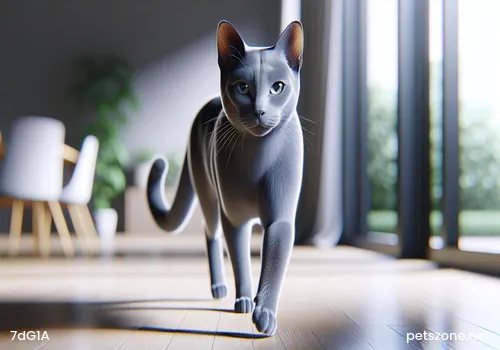
Parasites
Cats that are not regularly dewormed may develop diarrhea once parasites increase inside their body. Red blood streaks or white worms can be observed in the stool. If uncertain, a stool test at the hospital is recommended. Regular deworming can improve diarrhea conditions. Some cats may have diarrhea after deworming, in which case probiotics can help. For cats with weak intestinal function, it is advisable to regulate the stomach and intestines before deworming.
Additionally, feline distemper and intestinal tumors can also cause diarrhea. In such cases, veterinary hospital treatment is recommended.
Malnutrition can also cause diarrhea in cats. Ensure the cat’s health by supplementing comprehensive nutrition and trace elements.

